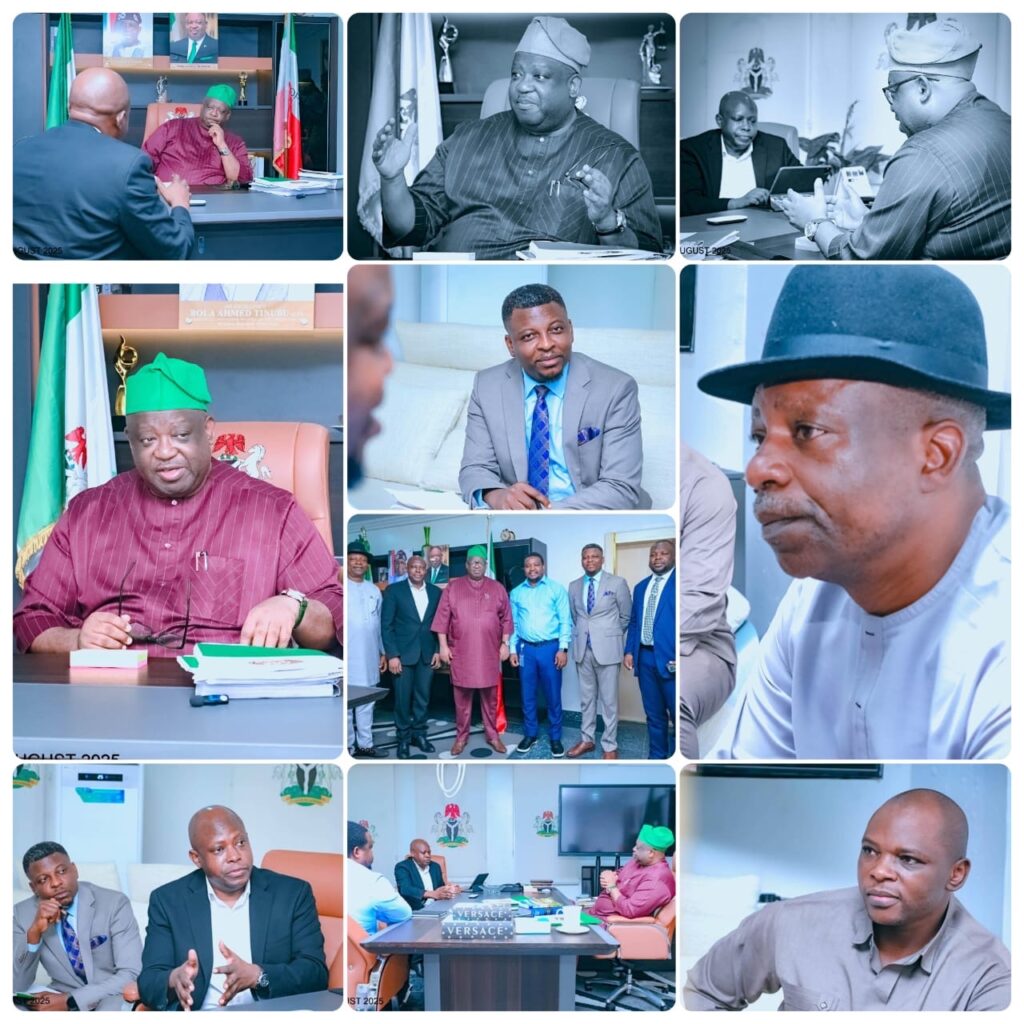His Excellency, Barr. Caleb Manasseh Mutfwang, Executive Governor of Plateau State, has reaffirmed his administration’s commitment to addressing the state’s growing environmental challenges through a strategic partnership with the World Bank and other development partners.
Speaking during an interactive session held at the Governor’s Lodge in Asokoro, Abuja, Governor Mutfwang welcomed a delegation from the World Bank led by Mr. Francis Samson Nkoka, Senior Disaster Risk Management Specialist, and Mr. Oluwaseun Ayodele, Urban Development Specialist. He emphasized the urgent need for an institutional framework that will provide accurate, real-time data to guide policy decisions aimed at mitigating floods, droughts, and other natural disasters affecting the state.
The Governor expressed appreciation to the World Bank for its commitment to supporting subnational governments, especially Plateau State, which is grappling with recurring environmental crises including severe flooding, prolonged drought, and acute water shortages, particularly in the Southern Senatorial Zone.
“Flooding is one of our most frequent challenges, but we are also contending with drought. Recently, we went nearly three weeks without rainfall in the Southern Zone, which destroyed early crops and affected food security,” the Governor noted.
He highlighted the importance of integrating structural and non-structural approaches into the state’s urban renewal policy, such as effective land use planning, enforcement of building regulations, and the development of early warning systems to enhance disaster resilience. Governor Mutfwang also praised the Plateau State Emergency Management Agency (PLASEMA) for its continued efforts in disaster coordination and community-based mitigation strategies.
Referencing the ongoing Agro-Climatic Resilience in Semi-Arid Landscapes (ACReSAL) Project, the Governor acknowledged its role in addressing environmental threats, but also pointed out gaps particularly in the area of economic recovery for drought-impacted communities. He called for an inclusive investment strategy that would support irrigation and other sustainable practices to safeguard livelihoods throughout the year.
“As we continue with projects like ACReSAL and RAAMP, we are also prioritizing rural infrastructure to improve access and economic opportunities. However, without reliable data, our interventions will not achieve their full impact,” he said. “That is why this partnership with the World Bank is both timely and strategic.”
In their remarks, Mr. Nkoka and Mr. Ayodele emphasized the need for a strong institutional backbone to drive development planning in the state. They shared insights from the World Bank’s extensive research on flood and disaster management in Nigeria and expressed readiness to adapt those findings to the Plateau context, thereby improving preparedness, response, and recovery frameworks.
The visit underscores Plateau State’s growing focus on evidence-based governance and proactive environmental management in the face of climate change and natural disasters.

